Ready for Kindergarten: Children are Natural Scientists
Are you wondering if your child will be ready for kindergarten? Aiden turns 4 soon, so this question is on my mind. What skills does he need before he heads off to school? What does he need to know? What will his peers already know? I whole-heartedly believe in a play-based approach. I am thankful that Deborah Stewart from Teach Preschool wrote a book, Ready for Kindergarten, to help us out. Deborah has given me a copy of the book in exchange for participating in a book study {along with several other bloggers – watch for their posts, too}.
Ready for Kindergarten
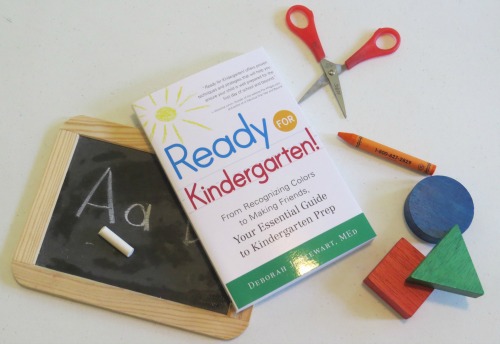
In Ready for Kindergarten, Deborah Stewart shares all of the essentials for helping your child prepare for Kindergarten. It covers everything from things your child should do for himself like hand washing, going to the bathroom, putting on a coat, and using a backpack {things we take for granted} to sportsmanship, responsibility, and manners. You’ll also find academic skills like counting, reading readiness, and writing. Deborah details more about the contents of the book in her Ready for Kindergarten intro post.
Every section includes what your child should know and how you can help. The book is filled with play-based activities and ideas that work with your everyday life.
Order your copy via my Amazon affiliate link for Ready for Kindergarten!: From Recognizing Colors to Making Friends, Your Essential Guide to Kindergarten Prep. You’ll be happy you did.
Children are Natural Scientists: Create an Invitation to Explore
As part of the blog book study, I have chosen Chapter 16: STEM, section I am a Scientist mostly because it’s what you would expect from me. As a science educator, teaching science {to children of all ages} is what I know. I really wanted to impress upon you the importance of including science learning in your child’s preschool years. This does not mean memorizing the periodic table or understanding how cells work. Remember, I believe in a play-based approach.
Children are natural scientists. It is our jobs as parents and educators to simply provide opportunities for them to explore. Deborah includes wonderful examples of how you can do this in her book. I’m going to share one with you now.
Create an Invitation to Explore and Use Science Tools
Materials:
- various science tools, like:
- magnifying glasses
- scales
- tweezers
- spoons
- cups
- paper
- pencils
- a container full of water
- objects from nature, like:
- flowers
- pinecones
- pine needles
- leaves
- seeds
- grass
- dirt
- sticks
- rocks
- a few boxes {for holding the science tools and the nature objects}
Set up an invitation to explore. Go for a walk and allow your child to collect items from nature. Choose some of the science tools and add them to a box.
Set the box of science tools next to the box of nature objects you collected. You can also set the container of water nearby.
Allow your child to explore the items from nature with the science tools.
Aiden chose to look at many of the things through the magnifying glass. We talked about how the magnifying glass made things appear bigger, so we could see them more closely.
Aiden explored everything using the tweezers {it was the first time he’s used tweezers and he was delighted to try them out}. He pulled off petals; he picked at grass seeds.
He then tested items in the water. I asked him to predict what would happen. {We’ve explored density before including exploring the density of objects in nature.} Still he said, “I don’t know.” This goes to show you how repetition is necessary.
When the objects floated in the water, Aiden observed, “Nothing happened.” We talked about how the objects were floating on the water instead of sinking. Then he ran off to find an object that would sink. After several tries, he found one.
Be sure to let your child lead the exploration. You can ask questions and provide names for things {build that vocabulary}, but let her be in control of the discoveries.
More Science Explorations for Preschoolers
- Classification is an important science skill that children begin on their own. Use these classification activities to work on the skill.
- What can you learn from a cardboard tube? Use a giant cardboard tube to explore friction, learn about size, make predictions, and more.
- Also try these toddler and preschool science experiments.
Other bloggers are sharing activity ideas from Ready for Kindergarten. Hop over to Teach Preschool and check them out.
![]()
Linking up here.
Disclosures: I was provided a copy of Ready for Kindergarten in exchange for participating in this blog book study. Amazon links are affiliate links. See disclosure policy for more info.

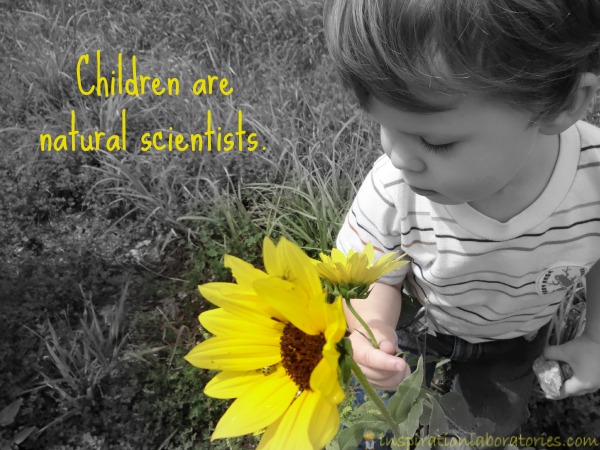
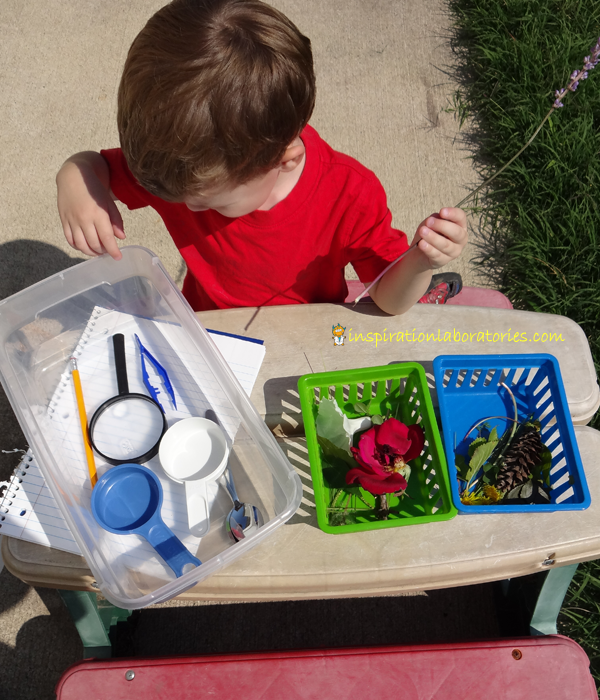
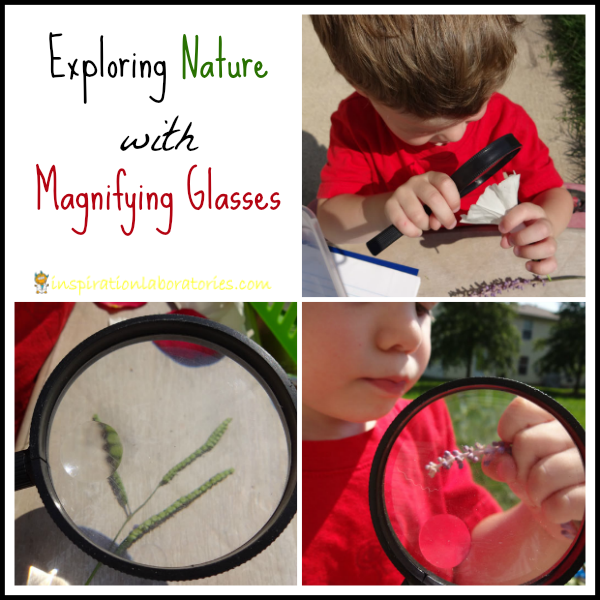
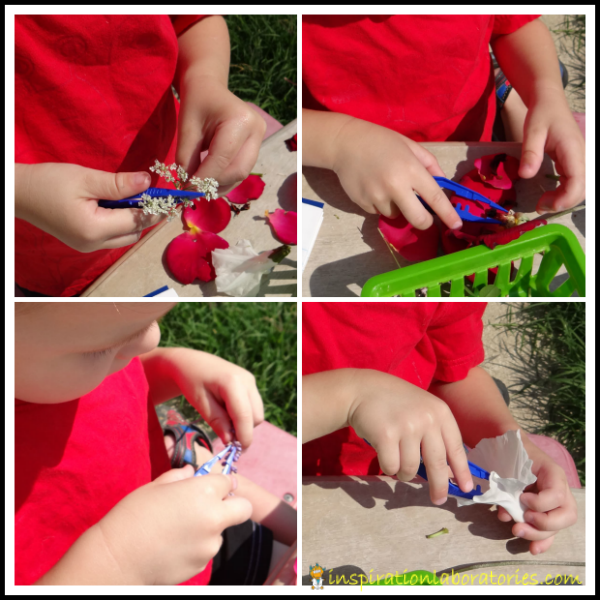
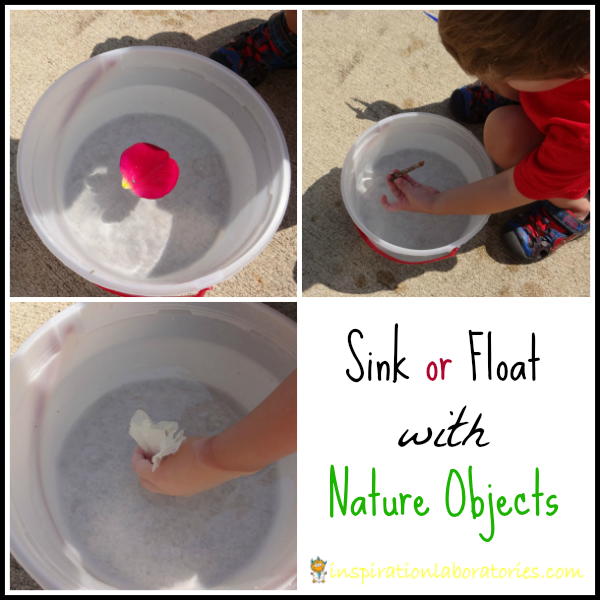
Leave a Reply